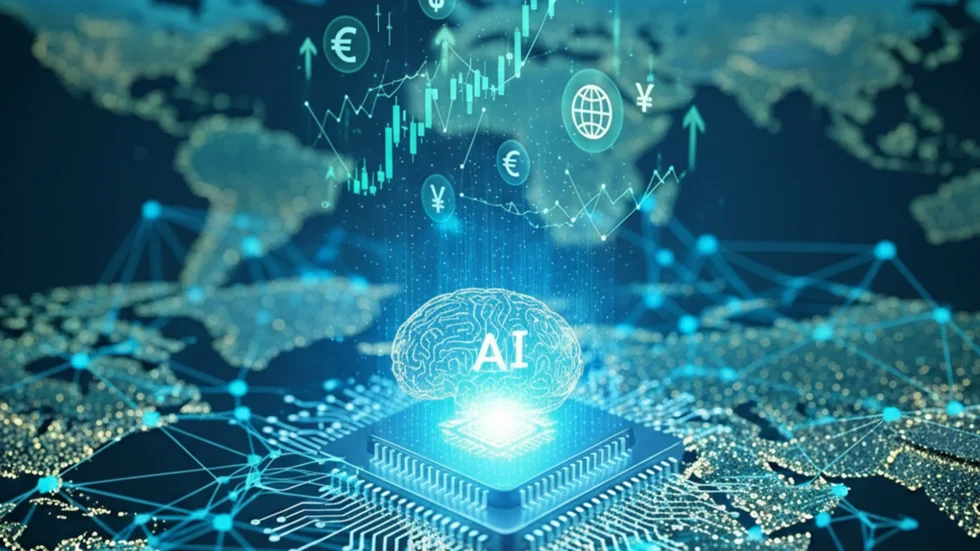
The ripple effects of AI are not limited to individual companies. They extend to entire economies. In Episode 1, we explore how AI is shaping the global economic landscape and what that means for India’s future.
AI as an Economic Driver
McKinsey estimates AI could add $13 trillion to global GDP by 2030. For India, AI adoption across sectors like banking, FMCG, and consulting could contribute nearly $500 billion to the economy. This is not a distant future—it is already underway.
Job Disruption and Creation
Automation may displace certain roles, particularly repetitive administrative jobs. Yet it will also create demand for new skillsets. India’s IT sector, already employing millions, is likely to become a global hub for AI-driven services. The challenge lies in reskilling workers to capture these opportunities.
AI in Emerging Economies
Unlike developed markets, India has the advantage of leapfrogging legacy infrastructure. Just as the country bypassed landline telephony for mobile, it can skip outdated corporate processes and move directly into AI-first solutions.
Human Capital Advantage
India’s demographic dividend—its young, skilled workforce—is its strongest asset. If empowered with AI literacy and leadership skills, this generation could drive not only India’s growth but also global competitiveness.
Closing Reflection
The question for Indian enterprises is not whether AI will reshape the economy, but how prepared leaders are to harness it. The race is not only technological but strategic.
CTA: Hear more on how automation is influencing global and Indian economies in Episode 1 of The Legacy Room.








